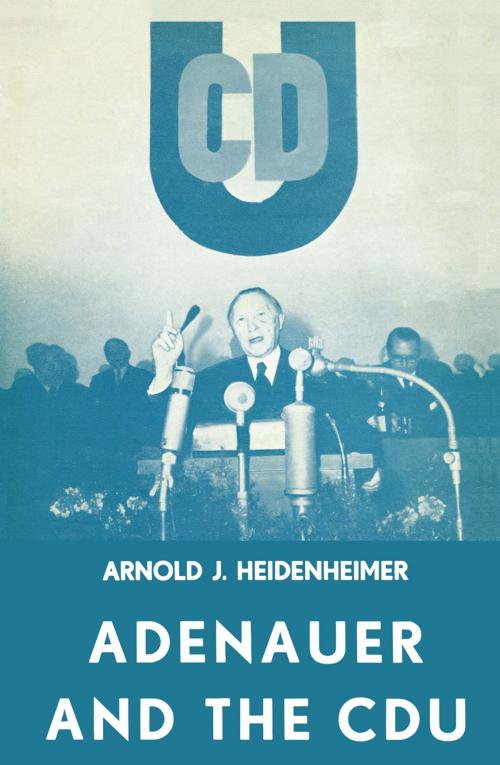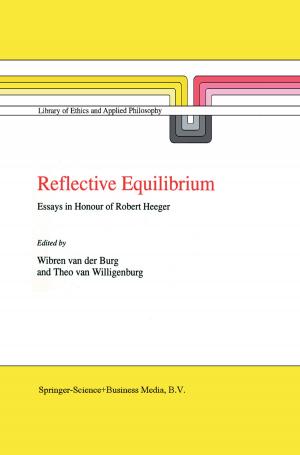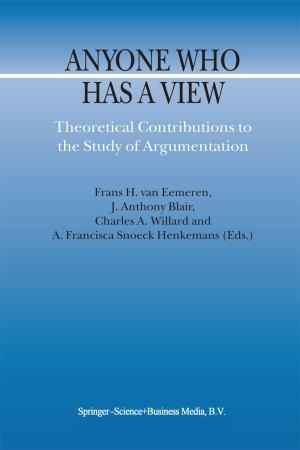| Author: | Arnold J. Heidenheimer | ISBN: | 9789401188104 |
| Publisher: | Springer Netherlands | Publication: | December 6, 2012 |
| Imprint: | Springer | Language: | English |
| Author: | Arnold J. Heidenheimer |
| ISBN: | 9789401188104 |
| Publisher: | Springer Netherlands |
| Publication: | December 6, 2012 |
| Imprint: | Springer |
| Language: | English |
This is a study in the reestablishment of de mocratic party politics in divided and occupied Germany after the downfall of the National Socialist tyranny. Its subject is the growth of the Christian Democratic Union and the rise to power of its leader, Konrad Adenauer. Closely associated with the success of the German Federal Republic in achieving prosperity, political and military power and the status of an ally of the Western powers, the CDU has yet been the subject of widely varying evaluations. Like the regime with which it is associated, it suffers from the fact that for many observers admiration for some German post-war achievements is mixed with residual distrust and skepticism. In addition, understanding of the CDU has been handicapped by confused images of the forces it represents, lack of knowledge about its internal organization, and the overwhelming position which its leader has achieved in recent years. To observers both in Germany and abroad the dominant Chancellor and party leader appears to overshadow both party and government with the result that the 1950'S, the vital period of German reconstruction, has already been labelled the Adenauer Decade.
This is a study in the reestablishment of de mocratic party politics in divided and occupied Germany after the downfall of the National Socialist tyranny. Its subject is the growth of the Christian Democratic Union and the rise to power of its leader, Konrad Adenauer. Closely associated with the success of the German Federal Republic in achieving prosperity, political and military power and the status of an ally of the Western powers, the CDU has yet been the subject of widely varying evaluations. Like the regime with which it is associated, it suffers from the fact that for many observers admiration for some German post-war achievements is mixed with residual distrust and skepticism. In addition, understanding of the CDU has been handicapped by confused images of the forces it represents, lack of knowledge about its internal organization, and the overwhelming position which its leader has achieved in recent years. To observers both in Germany and abroad the dominant Chancellor and party leader appears to overshadow both party and government with the result that the 1950'S, the vital period of German reconstruction, has already been labelled the Adenauer Decade.















